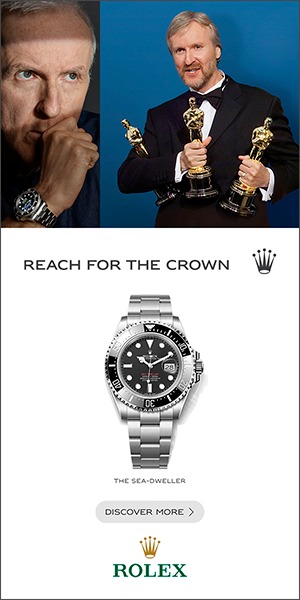When it comes to sustainable fashion, Vietnam-based denim brand, Saitex, leads the way. The brand is spearheaded by its founder and CEO, Sanjeev Bahl. Saitex counts Everlane, Madewell and Ralph Lauren, among its clients. Its game-changing facility recycles 98% water it uses in its production process and evaporates the remaining 2%. Sanjeev Bahl, the man behind the world’s cleanest denim factory joined us for an Instagram Live, as part of the #ELLExTataCliQLuxuryforum series.
Presenting are the key takeaways from Sanjeev Bahl’s conversation with ELLE India’s Fashion Director, Malini Banerji:
Social and environmental accountability
The pandemic is a big reset moment for all of us. Sanjeev Bahl starts off with establishing the importance of social and environmental accountability, and how there can be a transition in the whole system with these factors in place. At Saitex, the focus is on the GPI (Genuine Progress Indicator) and GNH (Gross National Happiness), he says. It is not just about how much you produce anymore. It is imperative to balance your decisions to be able to create positive impacts, and weigh every decision you make equally on the social and environmental front.
/https://elle.in/wp-content/uploads/2020/05/SB.jpg)
Regenerative economy
The current situation can be an opportunity for us to redefine sustainability. According to Bahl, the language needs to shift; what we need to talk about is circularity. At the rate that humans consume, the landfills cannot take the dump. In a situation like this, he discusses a regenerative economy. At Saitex, waste pairs of jeans and landfill garments are fashioned into nano particles, creating a substance that can then be used to make furniture like chairs and tables, replacing wood. The idea is to confront the environmental situation and find solutions.
/https://elle.in/wp-content/uploads/2020/05/SB2.jpg)
Simple innovations, large impacts
We have all witnessed the negative impacts the textile industry has had all over the world. Sanjeev Bahl talks about how, at Saitex, they have been mindful about certain things from day one: one of them is the importance of water as a precious resource. On this front, Saitex has structured waste water treatment, by setting up a biological system and integrated it into an electrical coagulation system. It is then run though a three-river osmosis, and further round of nano filtration. The end result is water cleaner than WHO standards. This circular water system has zero negative impact. In addition to this, for the drying process, Saitex has built a machine which operates on clean energy, so steam is essentially generated through waste. A simple mechanism with an outcome of saving 500 kW of power each year.
/https://elle.in/wp-content/uploads/2020/05/SB33.jpg)
Conscious choices
The pandemic has given all of us a lot of time to reflect. Bahl trusts the future is about productivity, and not about production. He hopes that the consumer will take a step back and start making wise and conscious purchase decisions.
/https://elle.in/wp-content/uploads/2020/05/SB4.jpg)
Tune in to the full conversation between Sanjeev Bahl and Malini Banerji below:
View this post on Instagram
/elle-india/media/media_files/2025/12/20/bespoke-1280x720_static_2025__james-cameron_jpg-2025-12-20-11-52-00.jpg)
/elle-india/media/agency_attachments/2024/12/12/2024-12-12t050944592z-2024-11-18t092336231z-czebsydrcd4dzd67f1wr.webp)
/elle-india/media/agency_attachments/2024/12/12/2024-12-12t050944592z-2024-11-18t092336231z-czebsydrcd4dzd67f1wr.webp)
/elle-india/media/media_files/2025/12/20/untitled-1-1-2025-12-20-12-04-20.png)
/elle-india/media/media_files/2025/12/18/arts-and-culture_marayacouple_en_static_display_300x250-2025-12-18-11-05-09.jpg)
